Big Gold Dreams boxset shows the richness of Scotland's independent music scene
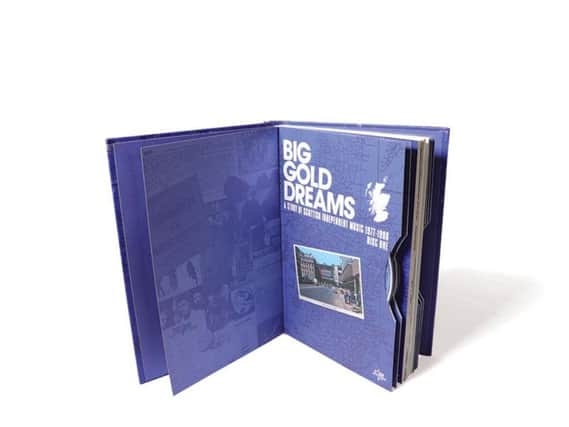

From ‘60s artists like Donovan and Jack Bruce, to early ’70s stars like Nazareth and the Bay City Rollers, there always seems to have been a Celtic influence around popular music.
Fast-forward to 1977, while the energy wave of punk may have taken its time to reach Scotland, once it did there was a wealth of young musicians, promoters and labels keen to embrace it.
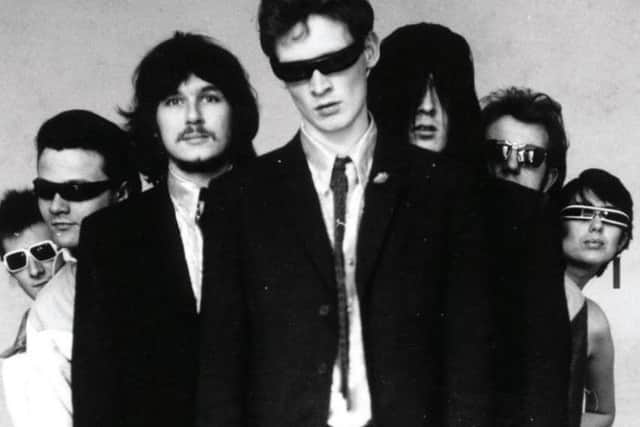

Advertisement
Hide AdAdvertisement
Hide AdOnce the Edinburgh-based Rezillos released their bubblegum trash-punk debut I Can’t Stand My Baby, which kicks off this 115-track, 5CD set, the genie was out of the bottle.
The tidal wave of talent culminating in a huge-selling artists like Wet Wet Wet, Big Country, The Proclaimers and Lloyd Cole And The Commotions enjoying major success in the 80s and 90s - none of whom are featured here because they were on major labels.
It’s not them that the handsome book-sized boxset Big Gold Dreams: A Story of Scottish Independent Music 1977-1989 concerns itself with, however, it’s the bands who started out on tiny labels, making some truly innovative music, and paving the way for what remains a still-thriving independent scene today.
Some were destined for great things, like The Skids, represented here by Reasons, the lead track from their debut EP, and Simple Minds, whose early single Chelsea Girl is one of the highlights of disc one.
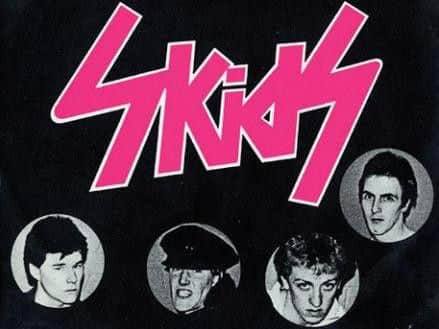

Advertisement
Hide AdAdvertisement
Hide AdSimple Minds weren’t Jim Kerr’s first band, however, that honour fell to Johnny & The Self Abusers, who released a lone single in 1977, and its B-side Dead Vandals is featured here.
How about P.V.C. 2, whose single Put You In The Picture featured a young Midge Ure after he flirted with being a teenybop idol fronting Slik but before his mega–selling chart success with Ultravox.
Mike Scott, who went on to enjoy big success with The Waterboys, is found in early band Another Pretty Face, whose Mod-ish tune All The Boys Love Carrie was named single of the week by the then-influential NME.
Anyone who knows their 70s new wave will recognise The Jolt’s See Saw, gifted to the band by none other than its writer, The Jam’s Paul Weller, before he stuck it on the B-side of The Eton Rifles.
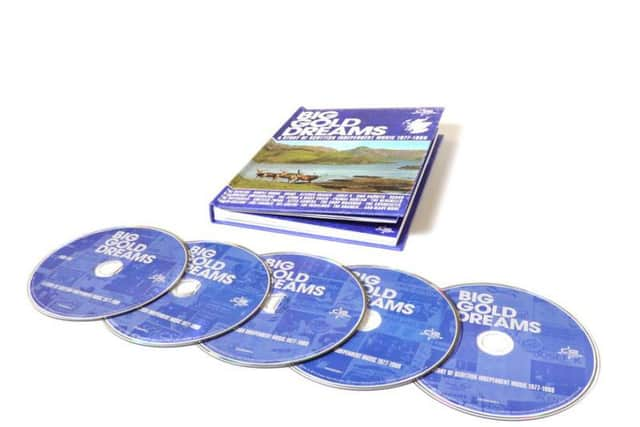

Advertisement
Hide AdAdvertisement
Hide AdAnd if Shake’s Culture Shock sounds familiar, that’s because it was written and performed live by The Rezillos, and recorded here by the band they formed after the Top Of The Pops idols split.
Fire Exit are still going 40 years after releasing Time Wall, their jagged contribution here, while The Freeze’s Paranoia is a fuzzy-guitared slice of Buzzcocks-like pop-punk.
Disc two kicks off with Altered Images’ Dead Pop Stars, a song which owed much to the proto-goth sound of Siouxsie and the Banshees, and was a million miles away from twee pop of later hits.
Some of the most important post-punk bands of the day are featured on this disc, such as The Associates, Josef K and Fire Engines (whose Big Gold Dream gives this set its name) – try listening to the last two and then put on a Franz Ferdinand record if you doubt their influence.
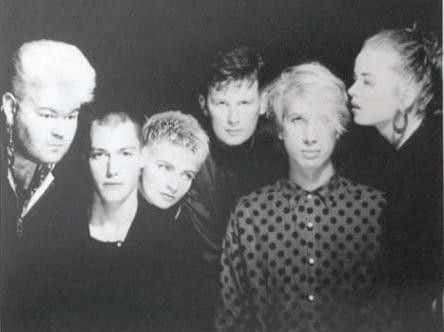

Advertisement
Hide AdAdvertisement
Hide AdAs the ‘80s progressed the music became smoother, and that’s reflected in disc three, where you’ll find the likes of Cocteau Twins, The Bluebells (with the wonderful Cath), The Waterboys, Strawberry Switchblade, Aztec Camera and The Pastels.
You’ll also find a band who could never be described as smooth, The Jesus And Mary Chain, one of the best Scottish exports of these fertile musical times, with their feedback-drenched debut Upside Down.
Another of the big names, Primal Scream, get disc four underway with their 1985 debut single All Fall Down, and other familiar names include Del Amitri, The Soup Dragons, BMX Bandits and Goodbye Mr Mackenzie (whose keyboard player and backing vocalist Shirley Manson would go on to find fame with Garbage).
Disc five starts with The Shamen, from Aberdeen, whose Happy Days sounds as far away from their chart-topping notoriety with acid house classic Ebeneezer Goode as it’s possible to get.
Advertisement
Hide AdAdvertisement
Hide AdTimes weren’t quite-a-changing just yet, however, and guitar bands were still very much in vogue as the decade came to a close, as evidenced by the likes of The Vaselines (later hailed as an influence by no less a figurehead than Nirvana grunge god Kurt Cobain), This Poison! and the spendidly-name Dog Faced Hermans, who added trumpets to the indie brew.
As ever with Cherry Red releases, if you look beyond the familiar names you’ll find plenty of gems in here you’ve never heard before: Fun 4’s delightfully lo-fi slice of punk rock Singing In The Showers, TV21’s jaunty Playing With Fire, and You Supply The Roses by Memphis were all new to me, as were many other tracks.
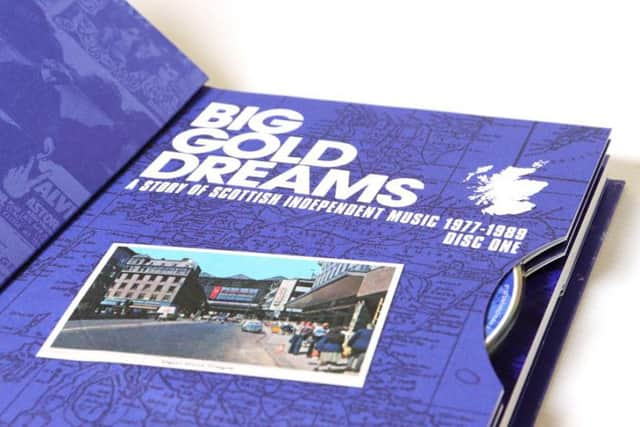

Like any set there are bound to be omissions, presumably for licensing reasons; hence we have to do without hardcore punks The Exploited, blue-eyed soul boys Hue And Cry and the most indie band of them all, Postcard label pin-ups Orange Juice (though founder member Edwyn Collins is here as a solo artist).
The Scottish indie scene continues to produce fine artists to this day, but this fertile period is when it all began. 8/10.